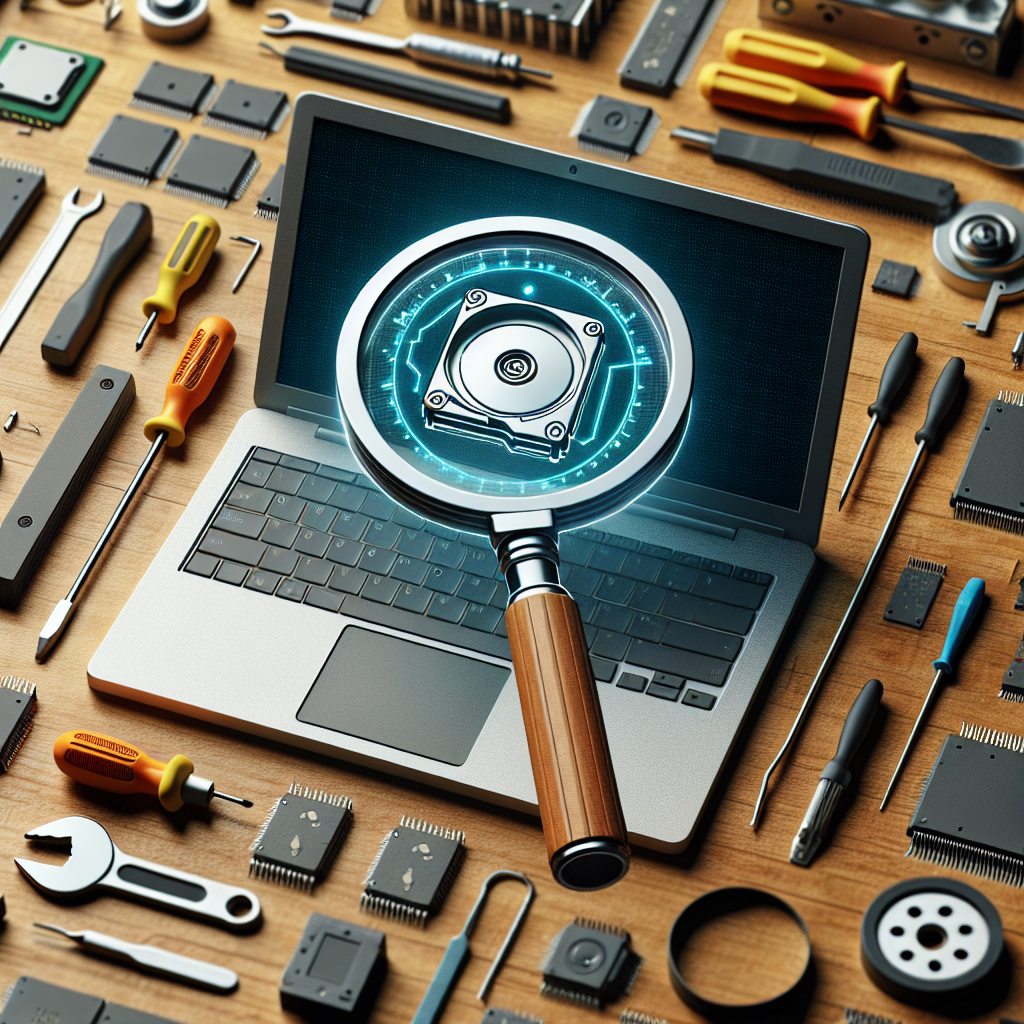Your cart is currently empty!
Troubleshooting Common Issues with Disk Drives: Tips and Tricks

Troubleshooting Common Issues with Disk Drives: Tips and Tricks
Disk drives are an essential component of any computer or storage device, allowing users to store and access data quickly and efficiently. However, like any piece of hardware, disk drives can encounter issues that may hinder their performance. In this article, we will discuss some common issues with disk drives and provide tips and tricks for troubleshooting them.
1. Slow Performance: One of the most common issues with disk drives is slow performance. This can be caused by a variety of factors, including a fragmented disk, outdated drivers, or a lack of available storage space. To improve performance, try defragmenting your disk, updating your drivers, and clearing out unnecessary files to free up space.
2. Disk Errors: Disk errors can occur for a number of reasons, such as a failing disk drive, corrupt files, or a virus infection. To troubleshoot disk errors, run a disk check utility to scan for and repair any errors on your disk. You can also try running a virus scan to check for malware that may be causing the issue.
3. Disk Not Recognized: If your disk drive is not being recognized by your computer, it could be due to a faulty connection, outdated drivers, or a damaged disk drive. Check the connections and cables to ensure they are secure, update your drivers, and try connecting the disk drive to another computer to see if it is recognized.
4. Clicking Noise: If you hear a clicking noise coming from your disk drive, it could indicate a mechanical issue, such as a failing motor or a misaligned read/write head. In this case, it is best to back up your data immediately and seek professional help to repair or replace the disk drive.
5. Overheating: Overheating can cause disk drives to malfunction and potentially fail. To prevent overheating, make sure your disk drive is properly ventilated and not placed in direct sunlight or near heat sources. You can also install a cooling fan or heat sink to help regulate the temperature of your disk drive.
In conclusion, troubleshooting common issues with disk drives can help prevent data loss and ensure the smooth operation of your computer or storage device. By following the tips and tricks mentioned above, you can address and resolve any issues with your disk drive and keep your data safe and secure. If you continue to experience problems with your disk drive, it is recommended to seek professional help to avoid further damage.

Leave a Reply